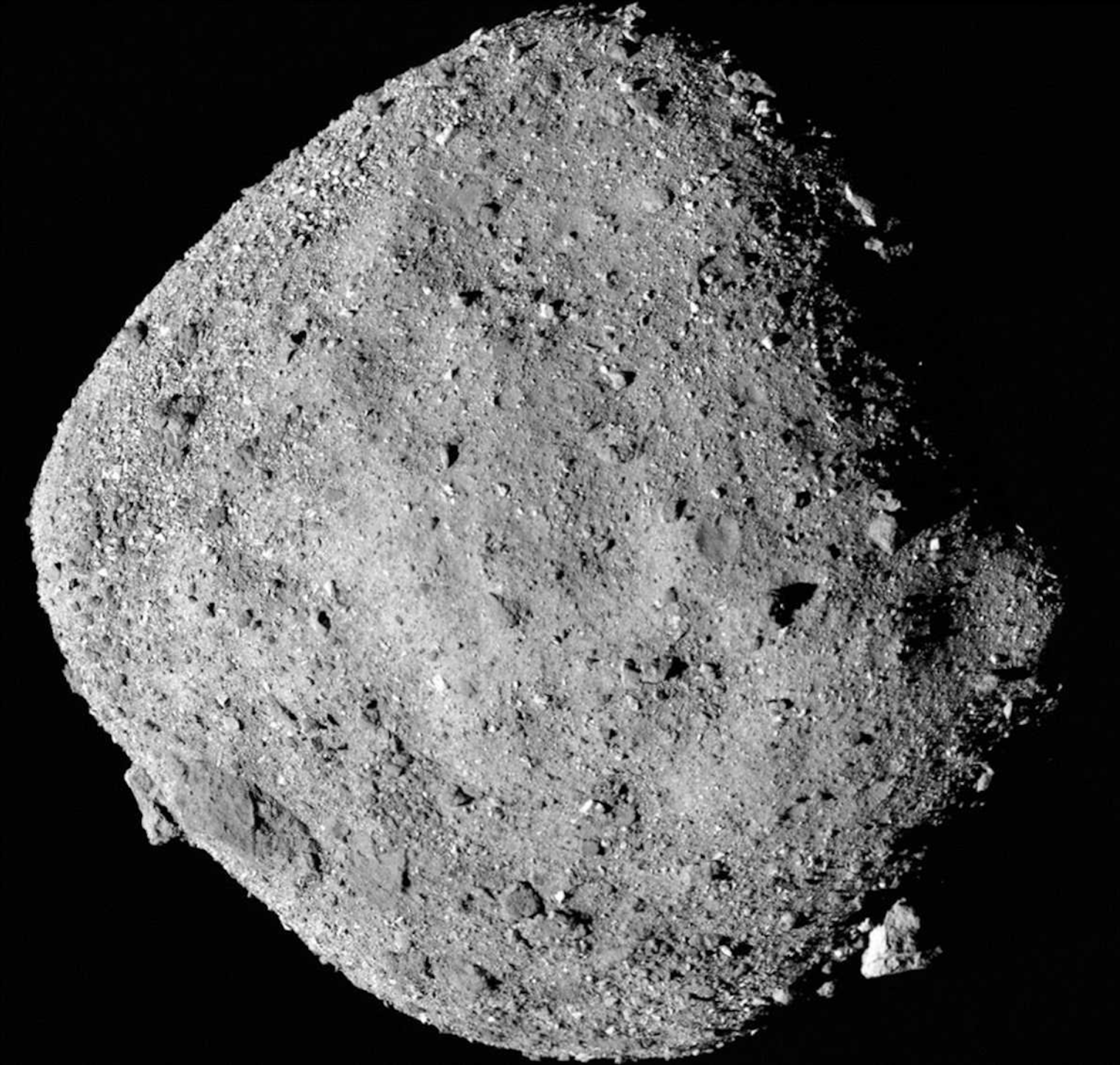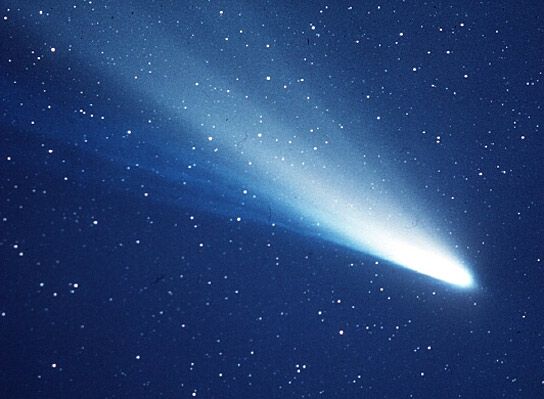
New findings reveal that a NASA mission traveled to an asteroid that may have once been covered in salty lakes containing organic molecules.

The earliest cells likely didn't have membranes to separate and protect their components and chemistry away from a harsh surrounding environment. But they may have made do with rain.

A new study aimed at answering the latter question finds that some building blocks didn’t need to have formed on Earth, but could have arrived from space.

Finding methane in the atmosphere of WASP-80 b provides a good roadmap for how to do it for planets more conducive to life.

A team of international scientists has used NASA’s James Webb Space Telescope to detect a new carbon compound in space for the first time. It was detected in a young star system known as d203-506, which is located in the Orion Nebula.

U.S. scientists argue that chance alone cannot consistently produce the highly complex molecules found in all living creatures. To produce billions of copies of intricate objects like proteins, human hands, or iPhones, the universe needs a 'memory'.

An international team has analyzed samples taken from the asteroid Ryugu in 2018 by the Hayabusa2 mission and found uracil, one of the five key bases of the RNA and DNA molecules that are crucial to life as we know it.

How life emerged on Earth from an assortment of non-living molecules is a stubbornly enduring mystery but now we could have some more clues thanks to a recent study.

the team's overall results suggest that carbon dioxide was a vital ingredient for the emergence of life on Earth – but only when combined with other ingredients.

NASA scientists identified a molecule in Titan’s atmosphere that has never been detected in any other atmosphere - cyclopropenylidene, or C3H2. This simple molecule may be a precursor to possible life on Titan.

New research identifies a process that might have been key in producing the first organic molecules on Earth about 4 billion years ago, before the origin of life. The process may also have relevance to the life elsewhere in the universe.

The molecules were extracted by the Curiosity rover from a mudstone section of the Gale Crater. Scientists have concluded that we can't rule out those molecules actually have a biological origin.

According to the model of US researchers, the entire Milky Way (and even other galaxies) could be exchanging the components necessary for life.

Researchers have found among the first and perhaps only hard evidence that simple protein catalysts - essential for cells, the building blocks of life, to function - may have existed when life began.

In its quest to find extant life in the Solar System, NASA has focused its gaze on the Jovian moon Europa. But scientists believe it is Enceladus that stands the greatest chance of making that next big step.